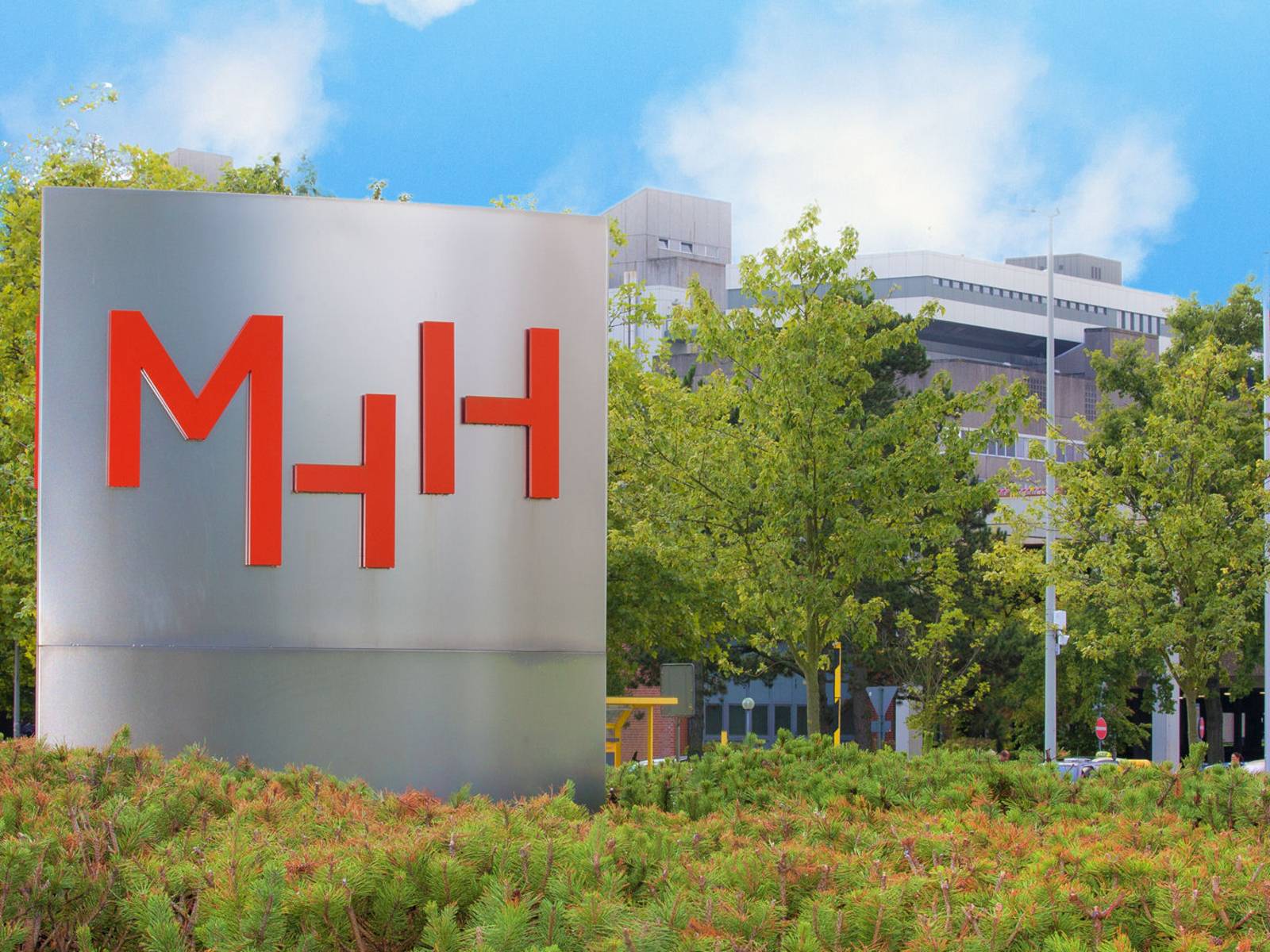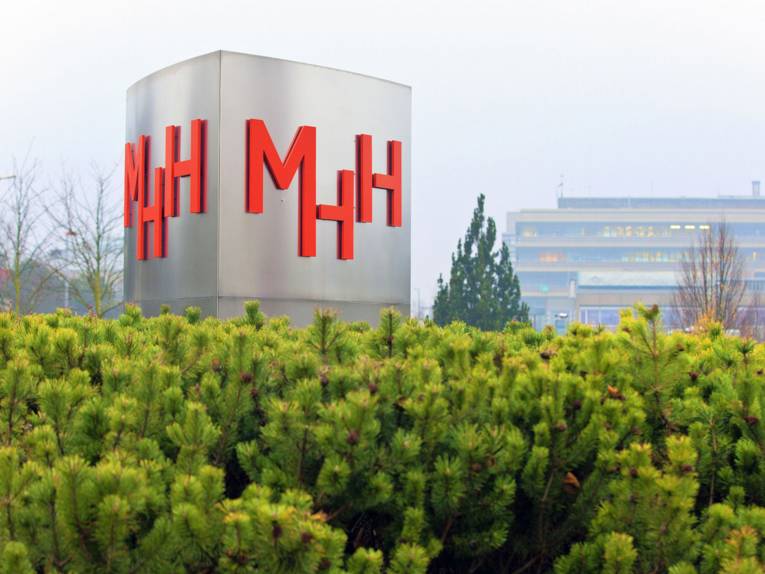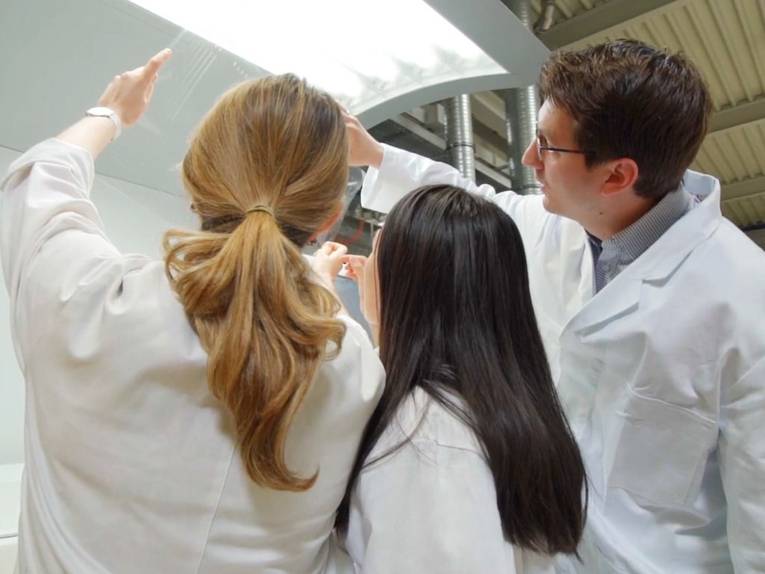It is often unclear why cancer develops but it is generally accepted that genetic alterations can modify the risk of disease. Scientists at Hannover Medical School (MHH) and researchers at over 300 further institutions worldwide have now identified 72 new genomic risk factors for breast cancer, thereby almost doubling the number of known regions in the human genome that contribute to breast cancer risk. The research teams of the “OncoArray Consortium” published their results in the renowned scientific journals Nature und Nature Genetics.
The international research team developed a new DNA-Chip (OncoArray) to compare several millions of genomic variants in over 146,000 breast cancer patients and over 129,000 healthy women. “The large numbers achieved in this concerted action allowed us to identify the risk variants at a high level of statistical confidence”, says Dr. Thilo Dörk-Bousset who leads the Gynaecology Research Unit at MHH. The risk contribution of each single variant is not high, but in combination they can result in an up to three-fold increased lifetime risk for breast cancer. “We think that the new findings might become relevant in improving breast cancer prevention”, says Professor Dr. Peter Hillemanns, Head of the Clinics of Obstetrics and Gynaecology at MHH.
The researchers also uncovered biological mechanisms behind several of the new risk variants. “Still it is unknown whether the genome variants can also influence the effectiveness of breast cancer therapy”, says Professor Dr. Tjoung-Won Park-Simon, who leads the Gynaecologic Oncology section at MHH. Genetic factors could be relevant for chemotherapy as well as radiation therapy. “Some of the new genome variations appear to modulate the cell´s capacity of DNA repair“, adds Professor Dr. Hans Christiansen, Head of the Clinics of Radiation Oncology at MHH, pointing to a long-standing interest in this field of research. Additional contributions to the study came from the Institute of Human Genetics at MHH. The topics will be investigated further at the university´s newly established Claudia von Schilling Center for Oncology and, together with certified breast centers in the Hannover region, in the frame of the recently awarded „Network Breast Cancer”.
Breast cancer research of MHH scientists within the OncoArray-Consortium has been funded by grants from the Claudia von Schilling Foundation for Breast Cancer Research, from the Rudolf Bartling Foundation, and from the Loxer Saxonian Cancer Society.
Further information can be obtained from Dr. Thilo Dörk-Bousset, doerk.thilo@mh-hannover.de, phone (0511) 532-6075
 Deutsch
Deutsch
 English
English
 中文
中文
 Danish
Danish
 Eesti
Eesti
 Español
Español
 Suomi
Suomi
 Français
Français
 Italiano
Italiano
 日本語
日本語
 한국
한국
 Nederlands
Nederlands
 Norge
Norge
 Polski
Polski
 Portugues
Portugues
 Русский
Русский
 Svenska
Svenska
 Türkçe
Türkçe
 العربية
العربية
 Romanesc
Romanesc
 български
български
 © Karin Kaiser/MHH
© Karin Kaiser/MHH  © Karin Kaiser/MHH
© Karin Kaiser/MHH © Initiative Wissenschaft Hannover
© Initiative Wissenschaft Hannover